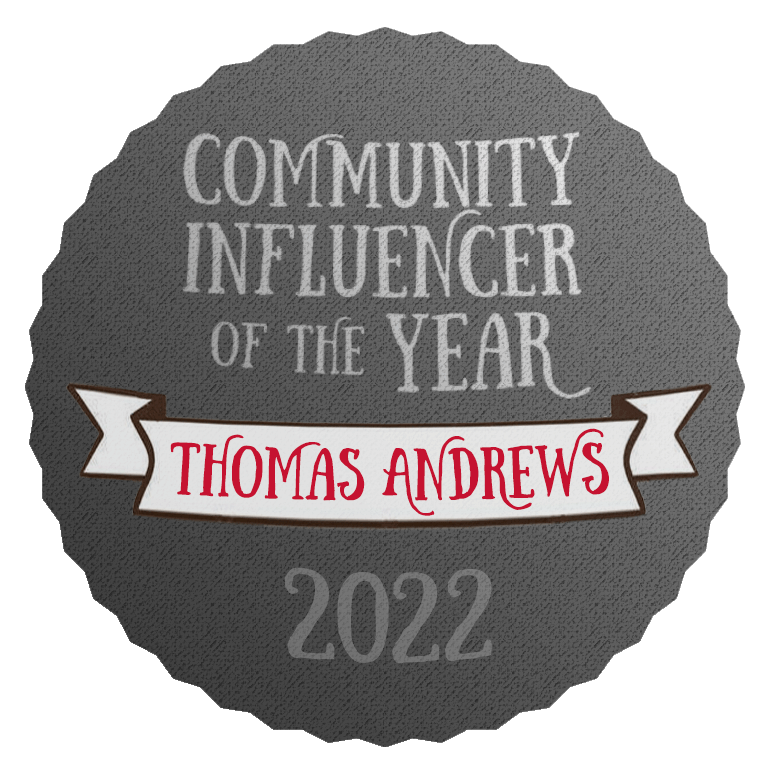This year saw some disruptions to what "community" means to me.
- Twitter – I have largely stopped even opening Twitter since Musk bullied his way into owning it. Much like when I stopped using Facebook years ago, the signal to noise ratio became unbearably low, with no obvious plans to improve.
- Conferences – While painful, I had to turn down an invitation to speak at PASS Summit for diversity reasons. I'll state emphatically that I have nothing against Redgate as a company and, in fact, plan to write for them next year. But it was heartbreaking to not get to see everyone when we could finally get together in person. Maybe next year.
- Meta – I spent more time this year than in recent years engaging on meta.stackexchange.com, the Q & A site about our Q & A sites. In the past I would normally contribute by demanding change, and this year I was able to participate as a staff member with answers and concrete details about plans to change things (or at least explanations about why they can't change).
- Stack Overflow / DBA.se – I took a bit of a back seat in posting answers on Stack Overflow and Database Administrators. I had bursts of activity here and there but, largely, I find that when I look at a given day's new questions in my area of expertise, they're all questions that have been asked before.
That's a long and drawn-out way to say that my community exposure really restricted my field of candidates this year. Each year, I recognize someone who stands out as going above and beyond to help other people in the community.
This year's Community Influencer of the Year is:
Thomas Andrews
Thomas (a.k.a. Larnu) is an enthusiastic contributor to Stack Overflow, and helps a ton of people through comments and answers there, as well as deeper explanations on his blog. While we may not agree on every single aspect of SQL Server, I admire his approach and the spirit behind it – like me, he is much more inclined to teach someone to fish than to just hand one over. He regularly pushes folks to step back from the immediate problem and think larger about the overall goal, pushing for info like why they're storing a date as varchar(max) or whether the schema makes sense for what they're trying to do.
That's all very subjective, but what does the data say? This is exactly why we have Stack Exchange Data Explorer (SEDE) – we can slice and dice activity in virtually unlimited ways. For example, I wrote this query, which attempts to approximate answer consistency:
SELECT TOP (10) u.DisplayName, q.NumPosts, q.AvgScore FROM Users AS u CROSS APPLY ( SELECT NumPosts = COUNT(*), AvgScore = AVG(Score*1.0) FROM Posts AS p WHERE p.PostTypeId = 2 AND p.CreationDate >= '20220101' AND p.DeletionDate IS NULL AND p.OwnerUserId = u.Id AND EXISTS ( SELECT 1 FROM PostTags AS pt WHERE pt.PostId = p.ParentId AND pt.TagId = ( SELECT Id FROM Tags WHERE TagName = N'sql-server' ) ) GROUP BY p.OwnerUserId HAVING COUNT(*) >= 12 ) AS q ORDER BY q.NumPosts * q.AvgScore DESC;
| DisplayName | NumPosts | AvgScore |
|---|---|---|
| Larnu | 418 | 1.559 |
| Charlieface | 631 | 0.896 |
| Aaron Bertrand | 285 | 1.845 |
| Stu | 359 | 1.217 |
| John Cappelletti | 245 | 1.555 |
| Tim Biegeleisen | 211 | 1.668 |
| David Browne – Microsoft | 299 | 0.943 |
| Yitzhak Khabinsky | 177 | 1.474 |
| Dale K | 142 | 1.633 |
| Zhorov | 117 | 1.572 |
I like when my gut choice has some reinforcing data behind it. Thom, sorry it's not the National Lottery, but please feel free to display the ribbon with pride!


